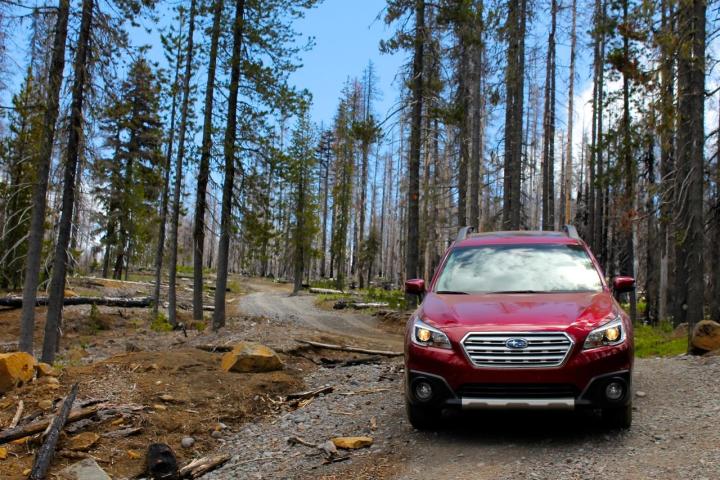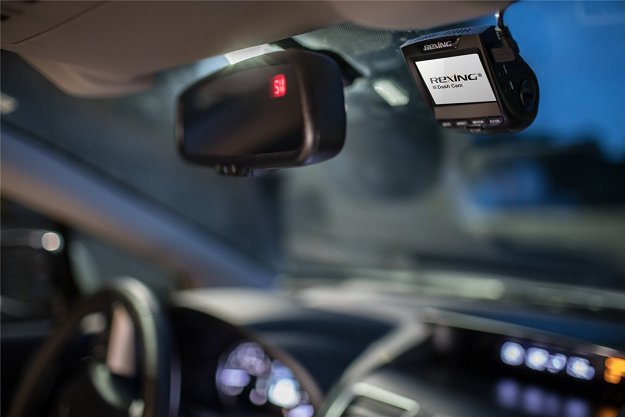
As reports of slowing six-cylinder sales worldwide continue to accumulate, the Japanese brand is pondering the idea of a streamlined powertrain range, one that focuses on low-displacement turbo and hybrid units over big six-pots.
The keys words here are efficiency and economy, something that Subaru engineer Yoichi Hori recently emphasized to Car Advice.
“Our research said the six-cylinder model is decreasing in the world,” he explained. “So that’s why probably [in] the future, many companies [will] take the smaller displacement with a turbocharger, or diesel, or hybrid.”
While he didn’t explicitly say Subaru was downsizing soon, Hori admitted that a small, forced induction unit is more than capable of handling the manufacturer’s vehicle range. Subaru doesn’t make a full-size SUV or a truck, after all.
“In terms of the body size, a 2.0-liter with a turbocharger is enough, I think,” he said.
The automaker’s 2.0-liter turbo makes between 250 and 268 horsepower depending on the application, which is right on par with the 3.6-liter, 256-horsepower six offered in the Legacy and Outback.
The big Boxer engine returns 20/29 mpg in the Legacy and 20/27 mpg in the Outback. The turbo isn’t offered alongside the 3.6 in any of Subaru’s vehicles (at least in the U.S.), but it is available in the WRX and Forester, where it earns 21/28 mpg and 23/28 mpg respectively.
Of course, the most powerful Subie of the lot is the 305-hp WRX STI, which houses a 2.5-liter Boxer four.
It’s not all sunshine and rainbows with forced induction, though. As an engineer, Hori sees why a turbo-heavy lineup might not be ideal day-to-day.
“One of the biggest reasons is the maintenance costs,” he pointed out. “The turbocharger makes higher performance, so that’s why maintenance such as the oil changing costs more than six-cylinder models.”


